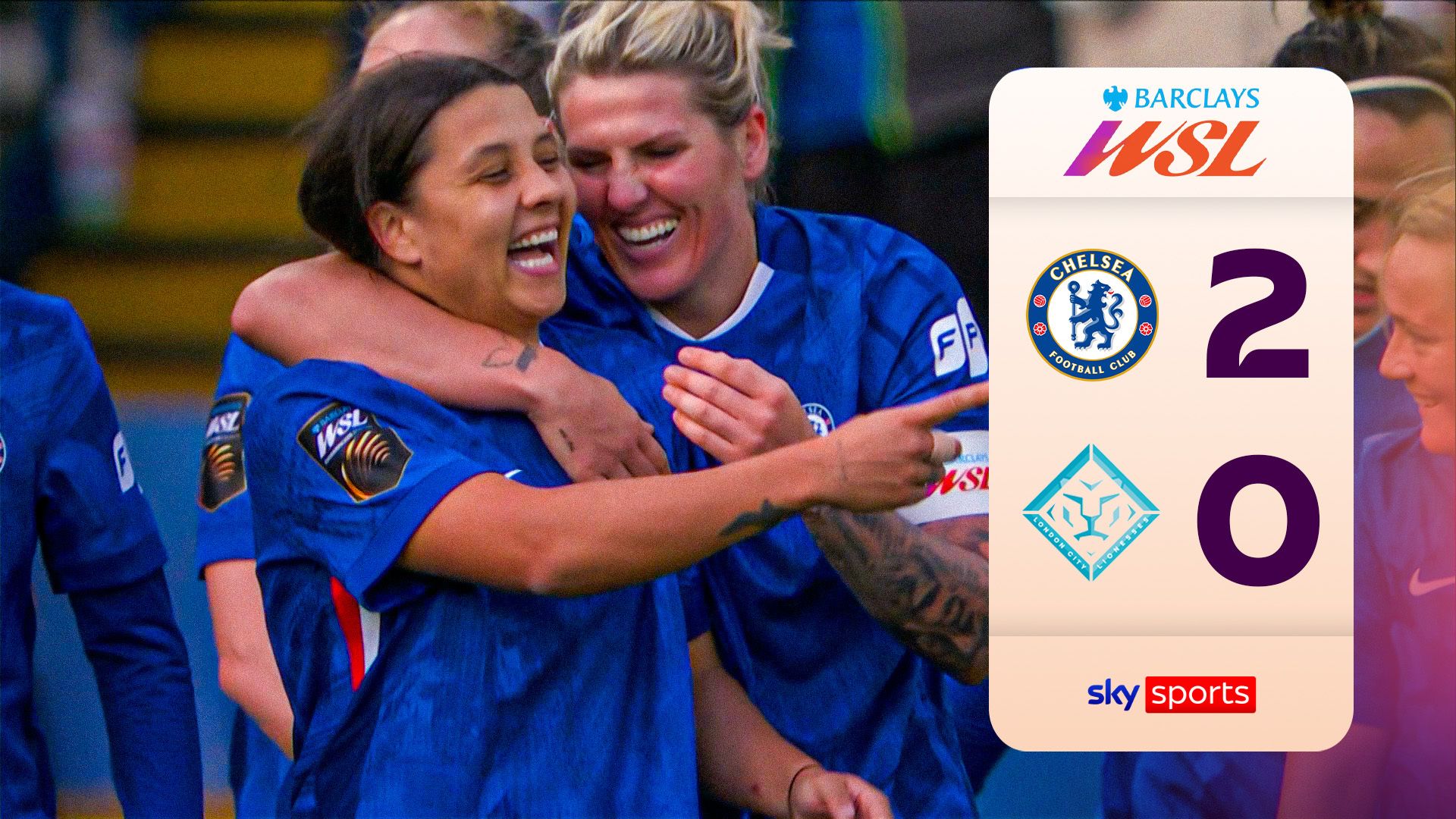Mullins’ Triumph at Breeders’ Cup: A Daring Challenge to the Status Quo in Racing Elite
In a historic turn of events at the Longines Breeders’ Cup Turf held at Del Mar, Willie Mullins, a legendary figure in horse racing, propelled himself further into the annals of sporting greatness by delivering a stunning performance with Ethical Diamond. This victory marked not just the clinching of a prestigious title but symbolized a paradigm shift in the elite circles of thoroughbred racing.
Willie Mullins, an Irish trainer known for his remarkable success in National Hunt racing, has often been viewed through the lens of the traditional hurdles and fences that characterize his primary focus. However, this Breeders’ Cup win with Ethical Diamond introduced a new chapter in his career by crossing over into flat racing, a domain that has been historically dominated by other training luminaries. The achievement reflects Mullins’ adaptability and ambition, as well as a broader story about the evolution of horse racing itself.
The Longines Breeders’ Cup Turf brings together the best thoroughbreds from around the world, showcasing horses that not only exhibit speed but also grace, stamina, and an extraordinary ability to compete against the best. In this fierce arena, Mullins’ Ethical Diamond surged past dignified competitors like Rebel’s Romance, winning not just in a physical sense but decisively challenging the established order in the sport. This event is underscored by the tension that exists between the traditional elite and the up-and-coming, marking a volatile landscape within the racing community.
Horse racing is steeped in history, rich with tales of legendary trainers and equine champions. Yet, as with many sports, it grapples with a set of contemporary issues including inclusivity, transparency, and the need for innovation. Mullins, by leaning into a more diverse portfolio of racing styles and formats, is not just making a statement about his own capabilities but also presenting a case for the evolution of a sport that has often been slow to adapt.
One of the most fascinating aspects of Mullins’ victory is the juxtaposition between the established norms and new ambitions that are reshaping the sport. Over the years, horse racing has seen a significant rise in international competition, and trainers from various backgrounds have begun to emerge, adding a rich tapestry of styles and strategies to the mix. Mullins’ win may symbolize a renaissance, reminiscent of how various movements in history have challenged prevailing structures, pushing society towards more equitable foundations.
In the gambling culture that accompanies horse racing, debates often arise over the fairness of the sport and accessibility to new entrants. In a landscape where high-stakes bets attract both elitism and skepticism, Mullins’ breakthrough may serve as a rallying point for horse enthusiasts and aspiring trainers who may have previously felt marginalized. His emergence as a contender in flat racing may inspire a new generation of trainers and owners who are eager to make their mark.
The history of horse racing is also intertwined with social narratives and cultural identities across different regions. Mullins, with his Irish roots, stands at the crossroads of a narrative that connects the sport back to its agrarian origins, where horses were not only symbols of status but also integral to local economies and cultures. His persistence and success in breaking into flat racing can be seen as a continuation of a long tradition where the sport rises above mere competition, echoing the struggles and successes of individuals and communities across generations.
Furthermore, Mullins’ achievements resonate with the ongoing discourse surrounding the need for modernization in horse racing. As the sport grapples with issues like doping, animal welfare, and transparency, leaders like Mullins may pave the way for more rigorous standards, encouraging equal chances for bold newcomers and established champions alike. This victory could be viewed as a catalyst for change, challenging existing practices and prompting discussions about how the industry can evolve to meet the expectations of a new era.
The narrative around Mullins is not just about one individual’s accomplishments but reflects the larger context of sporting traditions that are often resistant to change. As audiences become more engaged with the ethics of sports and the narratives behind the athletes and trainers, Mullins’ success can act as a beacon of hope for those who challenge the status quo. While the racing world has its share of old guard figures, the entrance of dynamic competitors serves to invigorate the sport, fostering debate on what it means to be a champion in modern times.
Looking forward, the impact of Mullins’ win extends beyond the immediate thrill of the race. It raises vital questions about the future trajectory of horse racing, the cultural shifts within the sport, and the potential for new narratives that can emerge from such transformative moments. Will this victory inspire a deeper examination of the racing culture? Can it lead to an environment where inclusivity and fresh talent are celebrated?
The world of horse racing continues to evolve, and with it, so does its audience. Historical victories cannot be overlooked, but neither can the voices of those who seek transformation. Mullins’ breakthrough serves not only as a personal triumph but as a flashpoint for broader discussions that could reshape the landscape of horse racing, inviting both seasoned fans and newcomers to participate in a dynamic discourse about the present and future of the sport.




